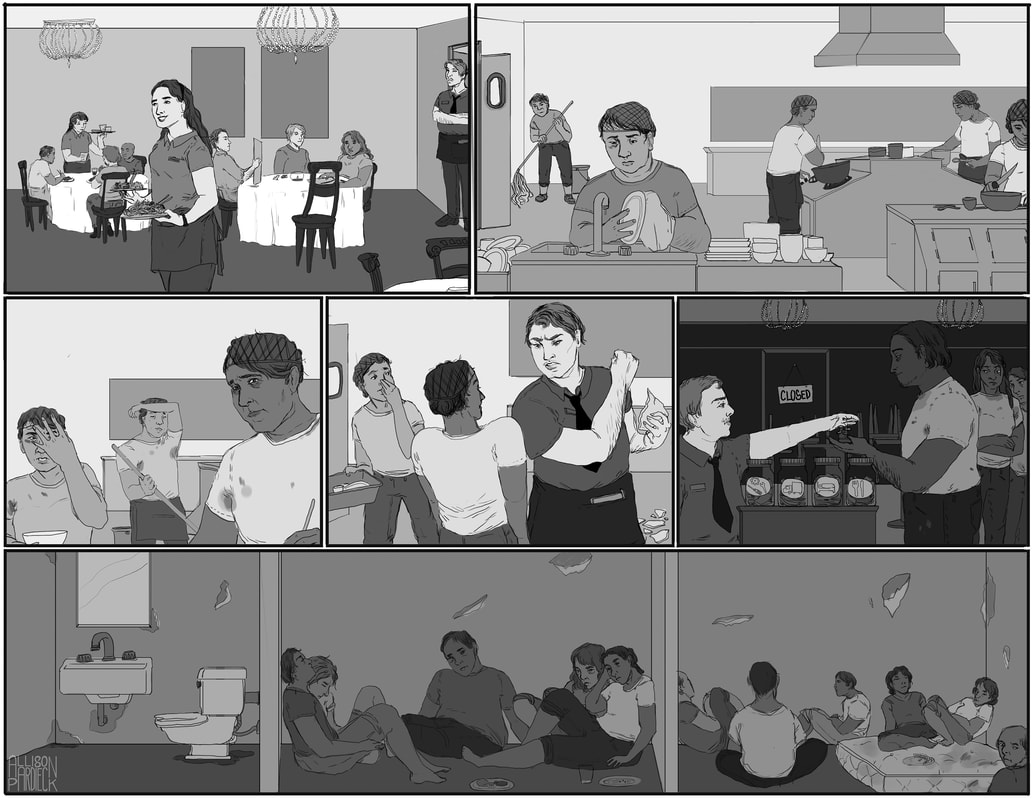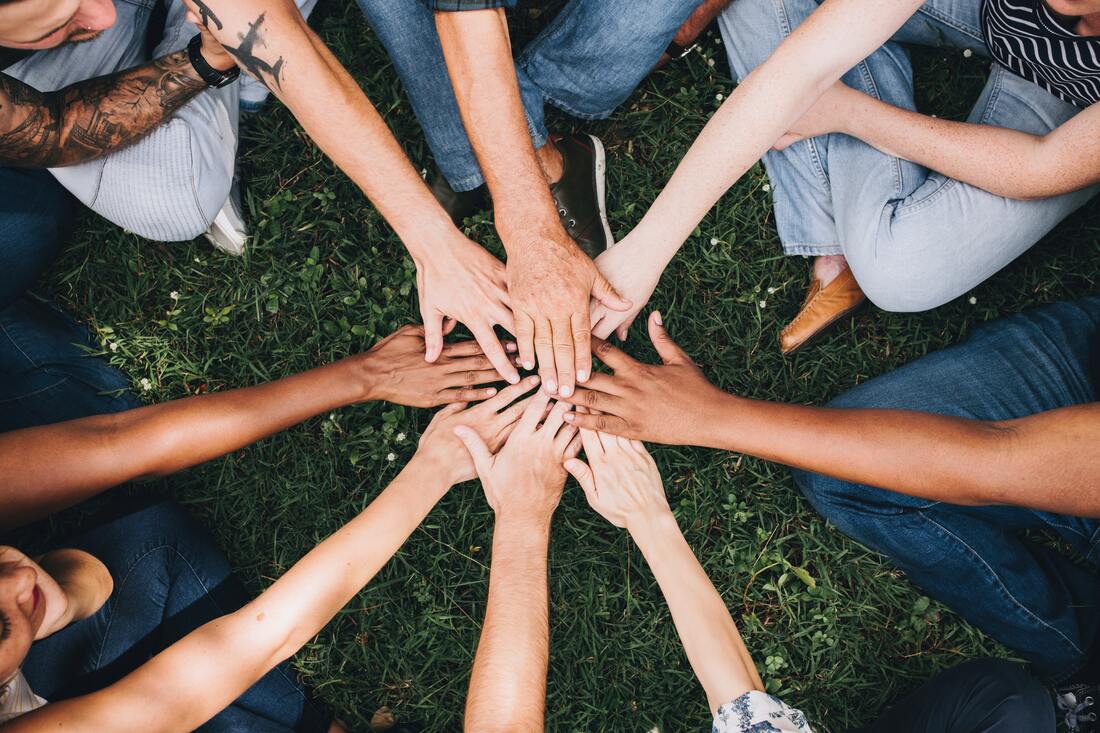VIEW COMMUNITY RESOURCES HERE
acceder a recursos comunitarios
|
Don't Know Where To Start?We've compiled a list of videos and articles on various aspects and intersections of human trafficking. From agricultural labor trafficking to supporting transgender survivors, the education guide features trusted sources from local and national anti-trafficking organizations.
| ||||||
Why Is Education Important?
"To be effective, the anti-trafficking field needs to maintain credibility, and people in communities need to be equipped to understand trafficking beyond stereotypes, partisan rhetoric, and conspiracies. If people have distorted information about who is at risk, what trafficking looks like, and how to best help victims, then they will miss opportunities to prevent and support [survivors].."
- I WANT TO DO MORE THAN EDUCATE AND FUNDRAISE – I’M READY TO SAVE VICTIMS AND KICK TRAFFICKERS IN THE FACE BY: Love146
|
This page gives you more information about your rights and what to expect when reaching out to agencies that work with people who have lived experiences of human trafficking.
What is human trafficking? Human trafficking is when a person is forced, tricked, or persuaded to engage in sex acts for favors or money, or when a person is forced, tricked or persuaded to work at any other place of employment, such as a restaurant, nail salon, factory, private home, grocery store, farm or as part of a traveling sales crew. When under the age of 18, anyone who engages in sex acts for favors or money has experienced human trafficking, even if there is no clear force, fraud or coercion present in their situation. Survival sex exists when individuals over the age of 18 have traded sex acts to meet the basic needs of survival (i.e. food, shelter, etc) without being forced, tricked, or persuaded by someone else, but who felt that their circumstances left little or no other option. |
Your RightsThis section gives you more detail around your rights as someone with this lived experience:
|
What to Expect When Reaching out for ServicesThis section explains what you can expect when reaching out to the following types of social services:
|



